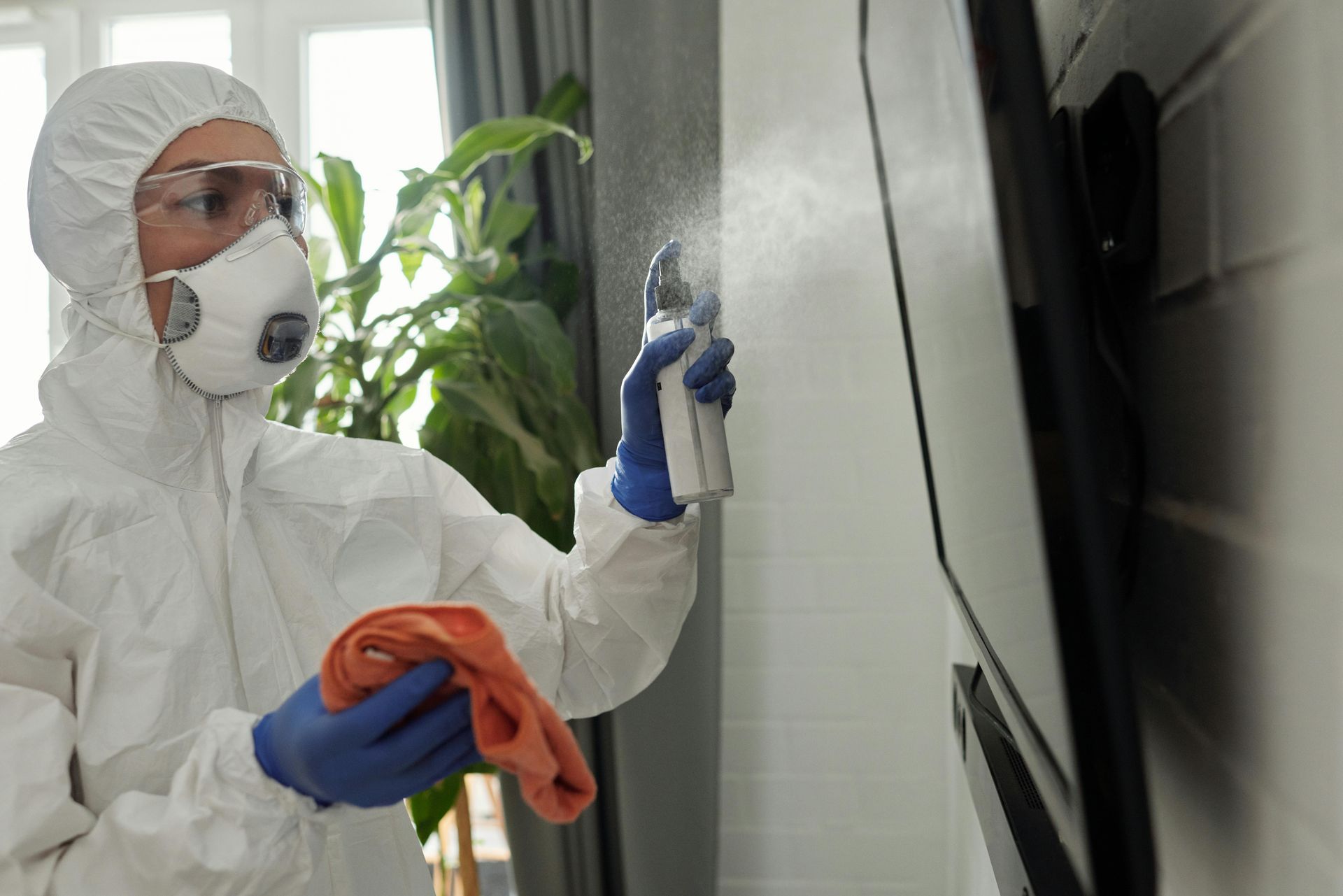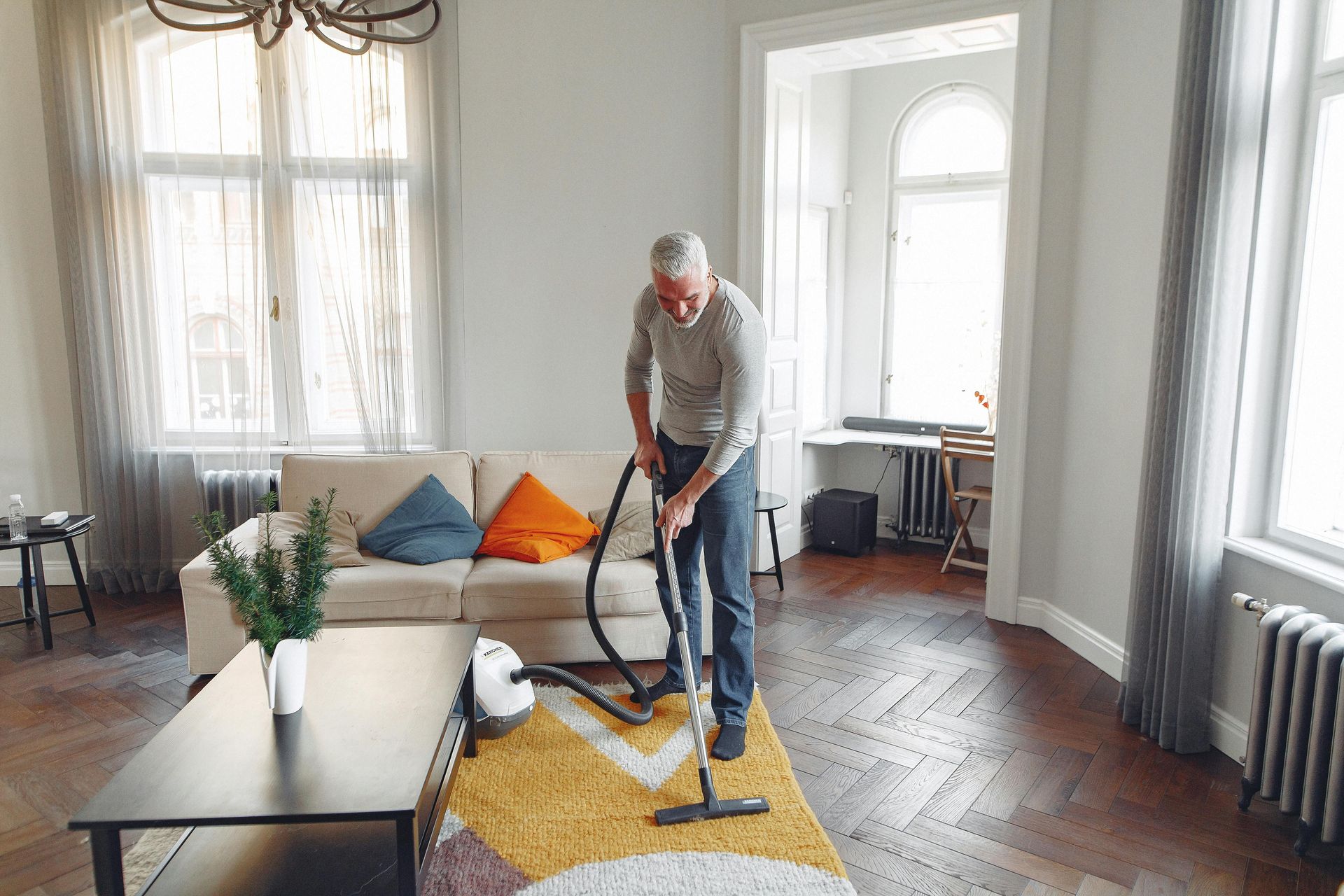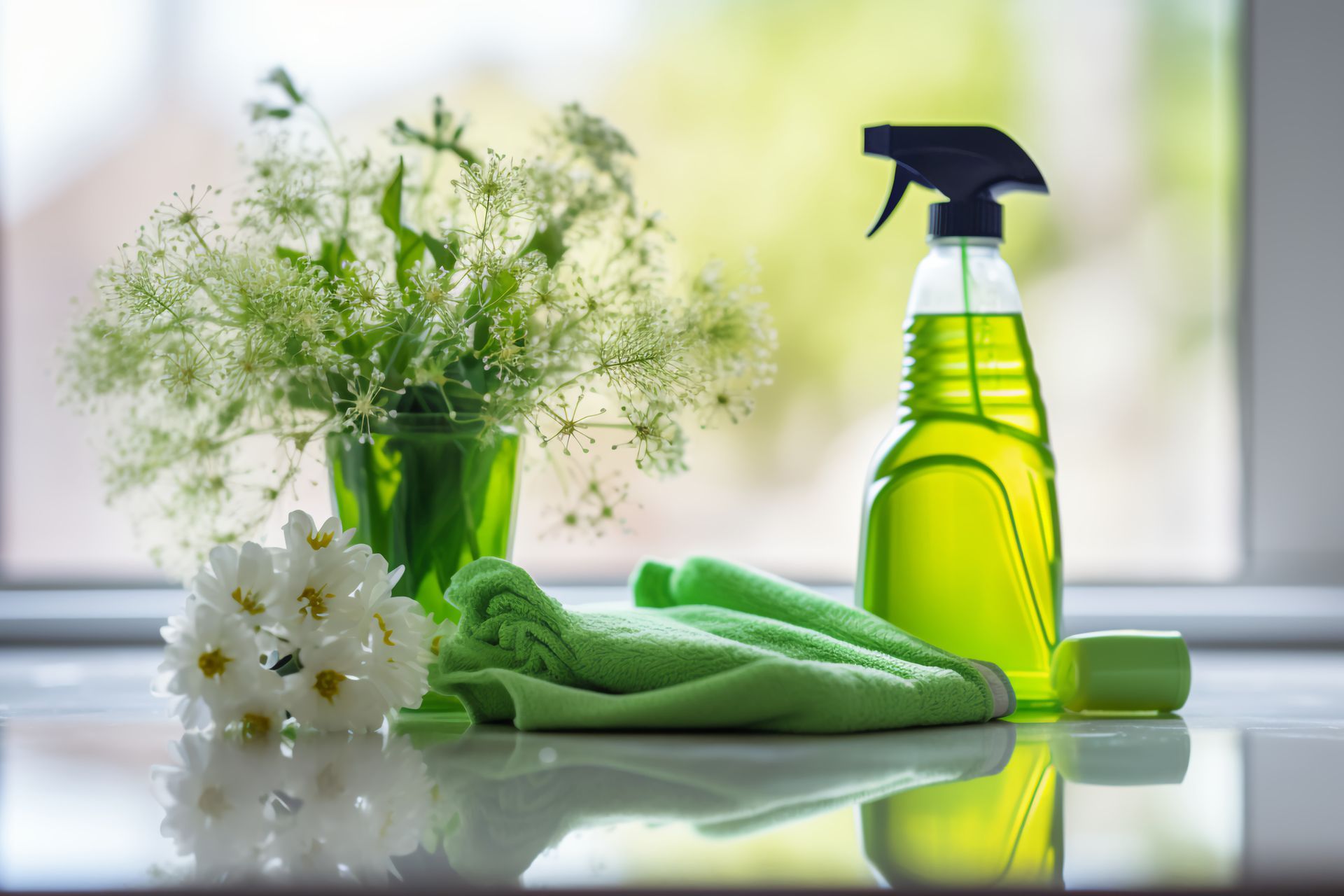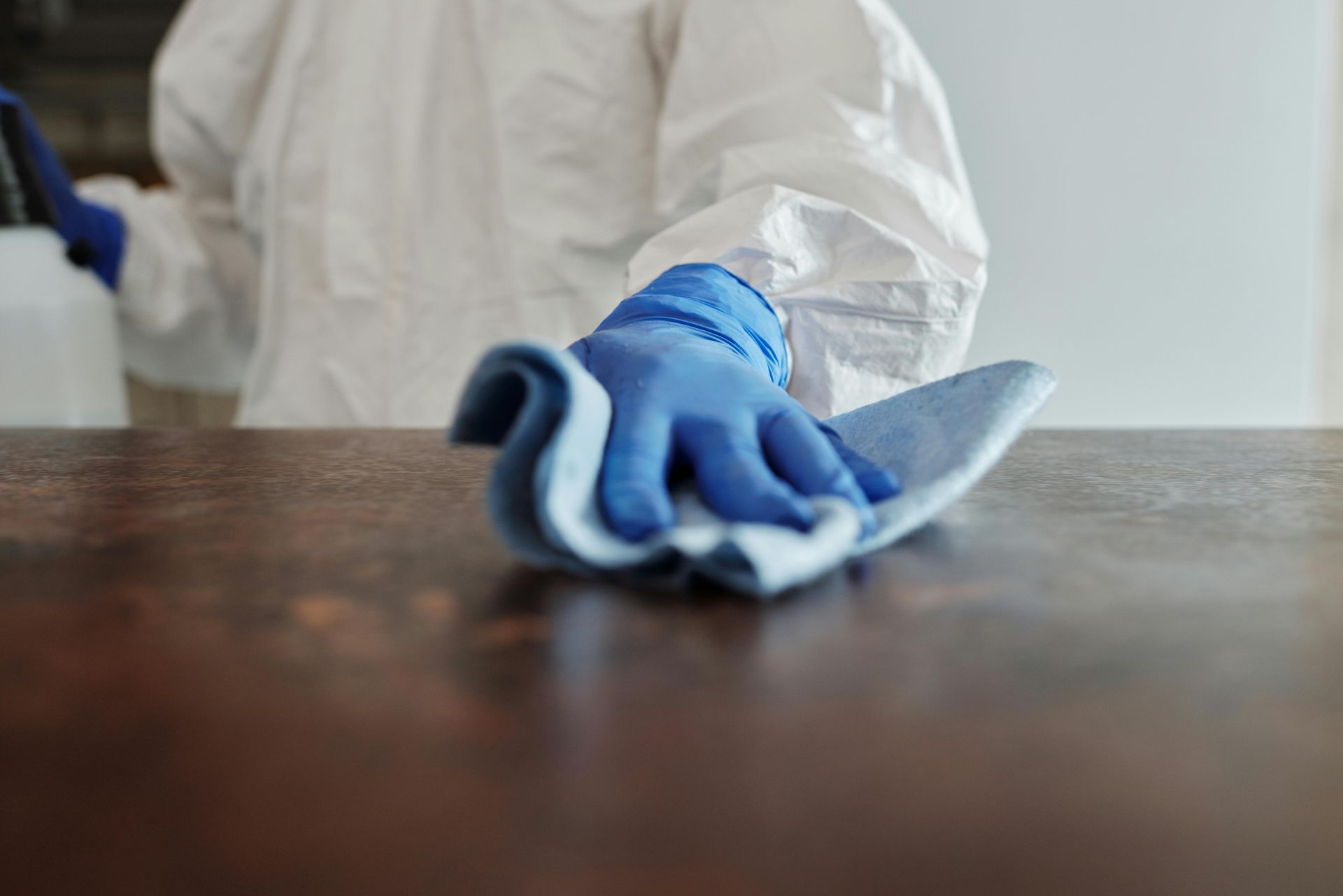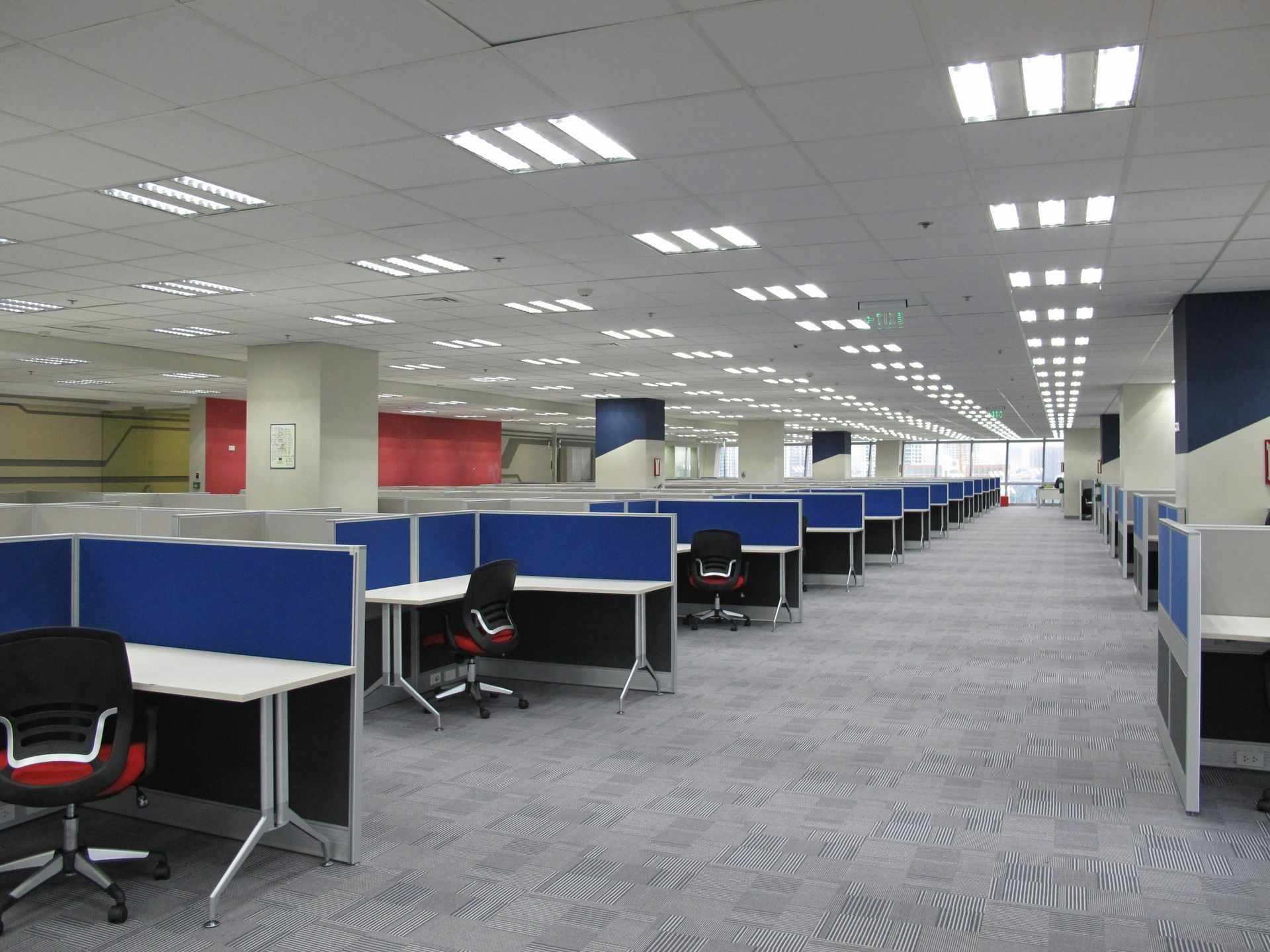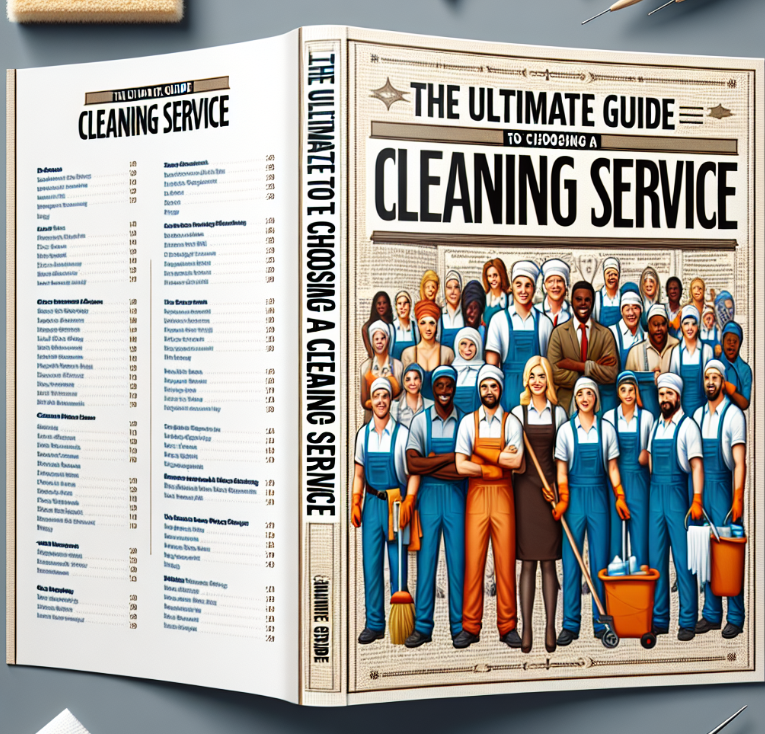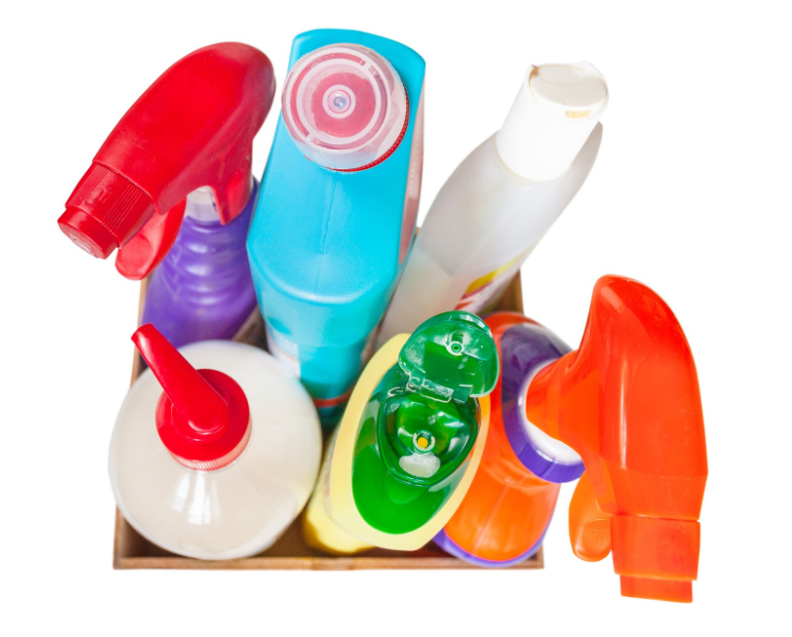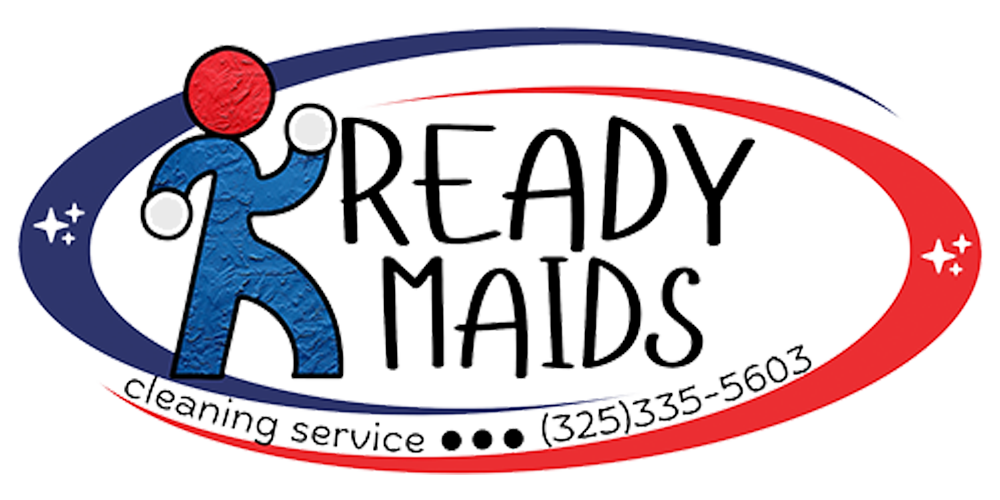Crafting an Effective Office Cleaning Schedule for Health
A clean office is essential for maintaining the health and productivity of employees. Crafting an effective cleaning schedule helps ensure that every part of the workspace remains spotless and free from germs. Regular cleaning reduces the spread of illnesses and creates a more pleasant working environment. By organizing tasks and setting a routine, businesses can keep their offices in top condition, promoting a healthier and more efficient workplace for everyone.
Key Factors Influencing Office Cleaning Frequency
Determining the optimal frequency for cleaning your office space is essential for maintaining a healthy environment for employees and clients alike. Several factors contribute to how often you should schedule cleaning services, ranging from the size of your office to the nature of your work. Understanding these factors can help you create a cleaning schedule that keeps your workspace both clean and safe.
Size of the Office
One significant determinant of cleaning frequency is the size of your office space. Larger offices not only have more surfaces that can harbor dust and germs but also have higher foot traffic, which can lead to quicker dirt accumulation. Common areas, such as break rooms and restrooms, in large offices, may require daily attention to maintain cleanliness and prevent the spread of germs.
Number of Employees
The number of people coming in and out of your office daily heavily impacts how often cleaning should occur. A higher number of employees means more clutter, trash, and the potential for germs to spread, especially in shared spaces. Offices with a large workforce may need to prioritize daily cleaning of high-use areas to maintain a hygienic environment.
Nature of Work
The specific activities conducted in your office also play a crucial role in determining cleaning needs. Offices that serve as public-facing environments, such as medical clinics or customer service centers, are exposed to more external contaminants and therefore require more frequent cleaning. Similarly, offices involved in manufacturing or industrial work might accumulate dust and waste more quickly, necessitating regular maintenance.
Health and Safety Standards
Adhering to local health and safety regulations is another critical factor that influences office cleaning frequency. Standards may vary depending on the industry and location but ensuring a clean and safe workplace is fundamental. Regular disinfection of surfaces, proper waste management, and air quality control are essential practices that help meet these standards and protect the well-being of employees and visitors.
The cleanliness of your office space directly affects the health, safety, and productivity of your workforce. By considering the size of your office, the number of employees, the nature of your work, and health and safety standards, you can establish a cleaning routine that best suits your needs. A tailored approach ensures that your office remains a pleasant and safe environment for everyone.
Standard Cleaning Tasks and Recommended Frequency
Maintaining a clean and organized office space is not just about aesthetics; it's crucial for ensuring the health and well-being of employees and visitors. A structured approach to cleaning, encompassing daily, weekly, and monthly tasks, can help in achieving this goal. Here’s a breakdown of the essential cleaning tasks and how often they should be carried out to maintain a hygienic office environment.
Daily Cleaning Essentials
Some areas of the office require attention every day due to frequent use and the high potential for germ spread. High-touch surfaces such as door handles, light switches, and phones should be disinfected daily to reduce the risk of illness. Similarly, emptying trash bins and replacing liners is a task that needs to be completed daily to avoid overflow, odors, and attracting pests. Communal areas like kitchens and restrooms are particularly prone to contamination and should be tidied and wiped down thoroughly each day to maintain a clean and pleasant environment for all.
Weekly Cleaning Objectives
While certain tasks need to be addressed daily, others can be performed on a less frequent basis. Dusting workspaces, furniture, and electronic equipment weekly can help minimize allergens and maintain a clean appearance. Vacuuming carpets and mopping floors are also weekly tasks that prevent the build-up of dirt and grime, which can contribute to a dull and uninviting office atmosphere. Cleaning interior windows and glass surfaces weekly helps let in more natural light and improves the overall mood of the office.
Monthly Deep-Cleaning Tasks
Some cleaning activities require more time and effort and thus can be scheduled every month. Deep carpet cleaning or steam cleaning is essential for removing embedded dirt and stains that regular vacuuming cannot address. Similarly, a thorough dusting of vents, baseboards, and hard-to-reach areas helps maintain good air quality and reduces the accumulation of dust particles over time. Upholstery cleaning and maintenance are also monthly tasks that extend the life of the furniture and ensure that sitting areas remain clean and hygienic.
Establishing a cleaning schedule that includes daily, weekly, and monthly tasks is vital for keeping an office space clean, healthy, and productive. By systematically addressing different cleaning needs, employers can create a safer and more welcoming environment for everyone. Remember, a clean office is a happy office, and regular maintenance is key to achieving this.
Customizing Your Office Cleaning Schedule
Creating a cleaning schedule tailored to your office's specific needs can significantly enhance the cleanliness and efficiency of your workspace. Different offices have different requirements based on their size, layout, and the nature of their work. Customizing a cleaning schedule ensures that high-traffic areas get the attention they need and that less-used spaces are maintained appropriately. By focusing on the unique aspects of your office, you can develop a cleaning routine that supports productivity and well-being.
Efficiency Meets Health
Creating an effective cleaning schedule for your office is not a one-size-fits-all scenario. Instead, it requires a thoughtful assessment of your office's specific needs, taking into account the unique challenges and requirements it may face. Whether it's adjusting for seasonal fluctuations in traffic or considering the particularities of your workspace design, a customized cleaning schedule can significantly enhance both the health and efficiency of your office environment.
Assessing Office-Specific Needs
Every office has its own set of needs, influenced by factors such as the number of employees, the layout of the space, and the nature of the work being conducted. An open-plan office with high employee density will have different cleaning requirements than a more segmented, low-traffic space. Likewise, offices that regularly host clients or external visitors may need to place a higher emphasis on the cleanliness of certain areas, such as reception or meeting rooms, to maintain a professional image. Identifying these specific needs is the first step in developing a cleaning schedule that aligns with your office's operational goals and health standards.
Seasonal Adjustments
The necessity of adjusting your cleaning schedule to accommodate seasonal changes cannot be overstated. For instance, the influx of allergens during spring or the spread of colds and flu in the winter months can have a significant impact on the health and productivity of your workforce. Recognizing these seasonal cues and increasing the frequency of certain cleaning tasks, such as air filter replacements or deep carpet cleans, can help mitigate these risks and maintain a healthy office environment year-round.
Professional Cleaning Services
While many tasks can be handled in-house, the role of professional cleaning services in maintaining a clean and healthy office environment is indispensable. Professional cleaners bring not only their expertise but also access to specialized tools and equipment that can more effectively clean and disinfect your workspace. From deep-cleaning carpets to ensuring high-touch surfaces are sanitized, these services can provide a level of cleanliness that not only meets but exceeds health and safety standards. Partnering with a professional cleaning company can offer flexibility that allows for the scaling of services based on your office's changing needs. For example, during periods of high traffic or specific events that may result in increased waste or dirt, having the option to ramp up cleaning services temporarily can be incredibly beneficial. Furthermore, professional cleaners can offer guidance and recommendations on how to maintain cleanliness between their visits, empowering employees to contribute to a healthier office environment.
Customizing your cleaning schedule is a strategic process that involves understanding the unique characteristics and needs of your office, adjusting for seasonal variations, and leveraging professional cleaning services for optimal results. By taking these steps, you can ensure that your office not only looks its best but also offers a safe and healthy space for employees and visitors alike. Remember, a clean office isn't just about making a good first impression; it's about creating a sustainable, productive environment where everyone can thrive.
Ready to elevate the cleanliness of your office space while ensuring the health and productivity of your team? Ready Maids Cleaning Services is here to customize a cleaning schedule perfectly tailored to your needs.
